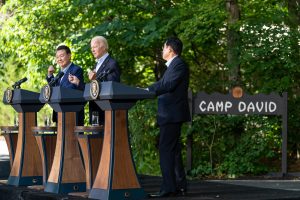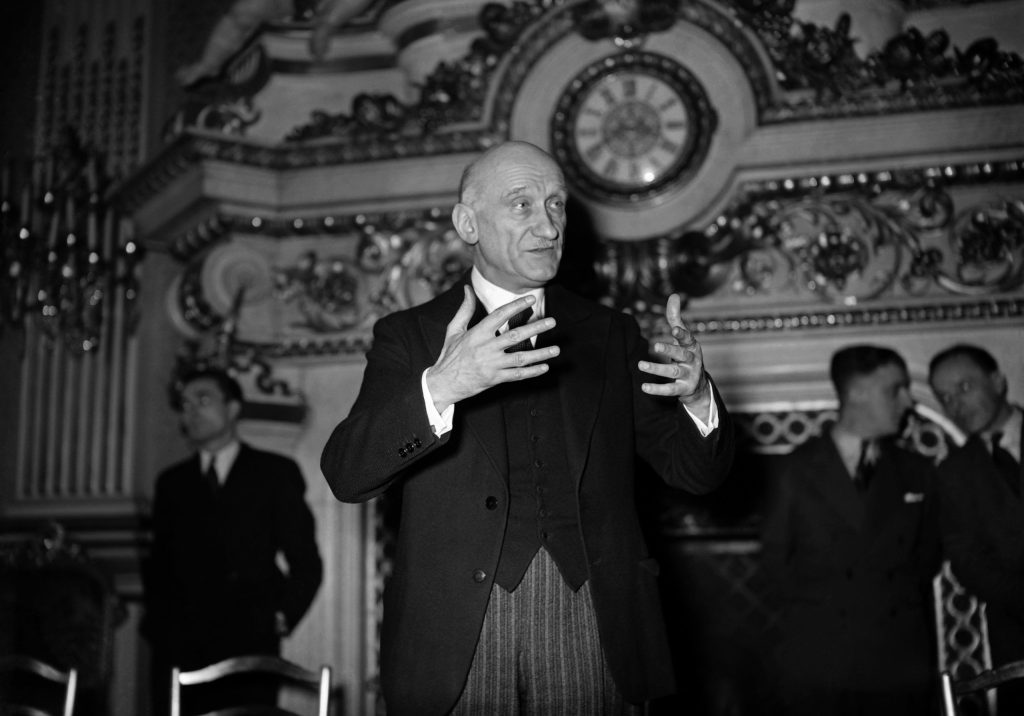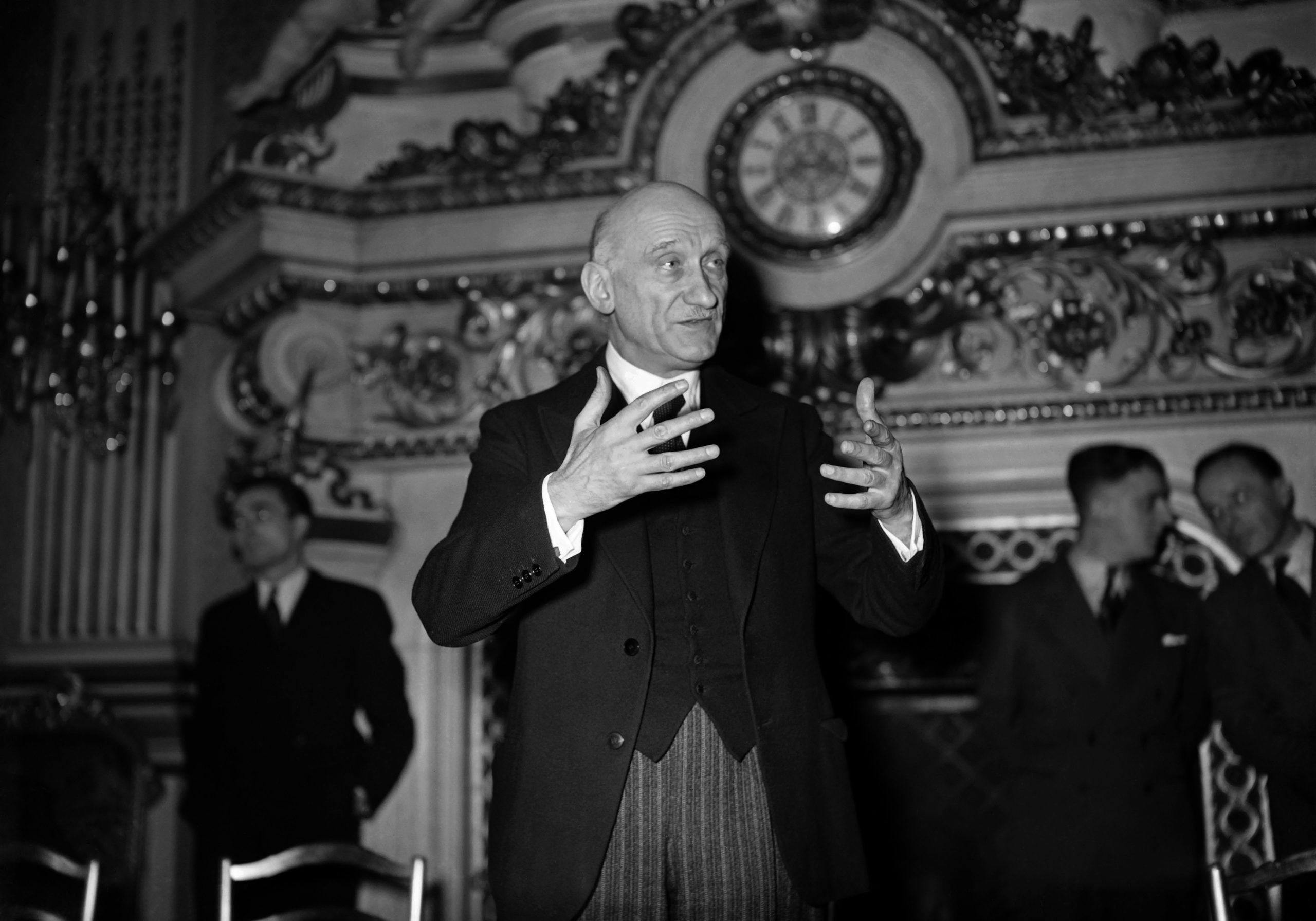








The evolution of the EU, its golden era, bandwagoning with the US, and the dilemma of declining credibility.


Welcome back to Europe Brief, where we take a look at the European Union’s current crossroads. The EU is navigating a rapidly evolving global landscape, balancing its foundational values with the demands of complex geopolitical challenges.
“World peace cannot be safeguarded without the making of creative efforts proportionate to the dangers which threaten it” said the Foreign Minister of France, Robert Schuman on 9th of May 1950 while proposing the establishment of European Coal and Steel Community (ECSC) which evolved into the EU. As of 2024, it has been 74 years since the Schuman Declaration which is the pioneer of the EU that has created an atmosphere of peace, co-prosperity, and development among European countries.
ECSC officially established in 1952 and with the initiative of six founding members and European Economic Community (EEC) initiative has been carried out in 1957. The ECSC, EEC and other organisations such as Euratom and have been combined with the Merger Treaty of 1965 and a single Council, Commission and administrative body have been created under the name of “European Community (EC)”. The enlargement of the EU took decades, and it might be considered as one of the most successful structural policies ever created since its aim is to gradually integrate European countries into the common system by creating interdependency and co-prosperity between European countries.
Maastricht Treaty signed in 1992 strengthened the European Union particularly on supranational level and political, military levels with the agenda of Common Foreign and Security Policy. After the Maastricht Treaty, the European Community (EC) was renamed the European Union. In 1990s after the end of the Cold War, EU used its enlargement policy to integrate Central and Eastern European countries and EFTA (European Free Trade Association) countries. EU’s policy has been incredibly successful in integrating these countries in 1990s after the Soviet zone of influence disappeared. These countries were already EFTA members and therefore their integration to EU both fortified the alliance and further contributed to its security.
Alas, 2000s were much more problematic in integrating countries into the EU mechanism. In 2004, ten new countries -mostly Central and Eastern European- joined the EU following Bulgaria’s and Romania’s memberships in 2007 and Croatia’s membership in 2013. In a short time, number of EU member countries nearly doubled compared to before 2004. This fast attempt of integration in a short time brought many problems, for instance EU included a country -Cyprus- which had ongoing significant problems with another country. And in recent years the democratic backsliding in Eastern European countries such as Bulgaria, Romania and Hungary impeded EU’s goals and objectives in its near neighbourhood and in global field.
2008 Global Economic Crisis also had a huge impact on Western countries both materially and ideologically. This crisis is also considered as the crisis of neoliberal system and it proved especially to Third World countries that for a steady economic development and dynamism, capitalist-liberalist approach might not be the sole way to achieve this purpose since China with its illiberal system proved otherwise and became a strategic and ideological rival to the US. EU is also confronted many problems ranging from economic instability to border problems and influx of irregular immigrants after 2009.
After 2009 Eurozone crisis and 2015 with the Migration crisis hit the European continent, Europe chose to bandwagon US in nearly all areas such as security, military, economy, and diplomacy, and that’s why with Trump’s marginal policies when he has taken over the office in 2016, Europe wanted to de-align itself from the ever-increasing influence of the US. With initiatives such as the PESCO (Permanent Structured Cooperation), Emmanuel Macron’s and Angela Merkel’s strategy of a Common European Army, and lastly the Strategic Autonomy of the EU aimed at decreasing the influence of the US in European system. Between 2016 and 2020, during Donald Trump’s presidency, these topics were highly debated and discussed; however, no tangible results were achieved. With Joe Biden’s inauguration as the new President these debates seemed to be put in the shelf, and EU seems to be bandwagoning once again with the US which leads EU’s credibility to gradually decline.
Today, the Western world is faced with an impossible impasse, its credibility is continuously declining especially in the eyes of the Third World countries. The Western world is unable to analyze and effectively react to the crises, conflicts and wars emerged in other parts of the world. For instance, as of May 2024, Israeli-Palestinian conflict/war is in its seventh month and West continues to provide Israel with unlimited equipment, armory, and budget although the Israeli regime uses nonproportional retaliation against Palestinian public.
Israel seems to be surpassed the proportional retaliation limit for months now and this war has become a single-sided unjust war which has been funded by the Western governments. In this process EU was unable to react effectively other than bandwagoning with the US decisions or condemning the Israeli government from time to time. As of 7th of May Israel invaded Gaza’s border city Rafah its only door opening to the world and killing civilians and destroying houses; at the same time US President Joe Biden signaled that US will halt some arms supplies if Israel invades Rafah.
On the other hand, High Representative of the EU for Foreign Affairs and Security Policy Josep Borrell warned that Israel’s invasion of Rafah could cause further devastating humanitarian consequences. Although EU officials have acknowledged the scale and violence of the Israeli attacks, their response seems limited to proposing an immediate ceasefire and reiterating support for a two-state solution, without implementing any sanctions on Israel.
First, if the Western world and especially the EU desire to remain as normative actors and want to push for further norm diffusion, they may need to reconsider their position by taking effective measures against the actors, states acting against the international law by harmonizing their words and deeds. Secondly, there seems to be another historical narrative undermining the relationship between the West and the Third World which is the feeling of superiority of Western mind, ideologies, and the idea that Westerners have a duty for non-Western people in their modernization and civilization processes.
In a recent interview in LCI (La Chaine Info), President of Congo Félix Tshisekedi tells Darius Rochebin that China and Russia are more capable of understanding them and they do not pretend to lecture them. This once again highlights the perception of people in the Third World and their evaluation of the Western world, which is often seen as merely lecturing while imposing a sense of superiority, whether consciously or unconsciously.
Consequently, the ultimate dilemma appears to be whether the EU will continue to align itself with the US in all areas and jeopardize the ideal that the EU can be a pioneer in spreading value-based norms or will it succeed to focus more on a value based world approach which respects human dignity, human rights, freedom and democracy like it has been enshrined in the EU charters and treaties by harmonising its words and deeds against the recent crises and future crises yet to come.
Written By: BATUHAN GUNES
Written By: KRISTIN HYNES
Written By: ERIC SONG
Written By: ALEXANDER BERGH
Written By: KATE-REID SMITH
Written By: JOSEF SCHOEFL
Written By: PATRIC MCFARLAND
Written By: FATIH CEYLAN
FA’s flagship evening newsletter guilding you through the most important world streis ofthe day. Delivered weekdays.
